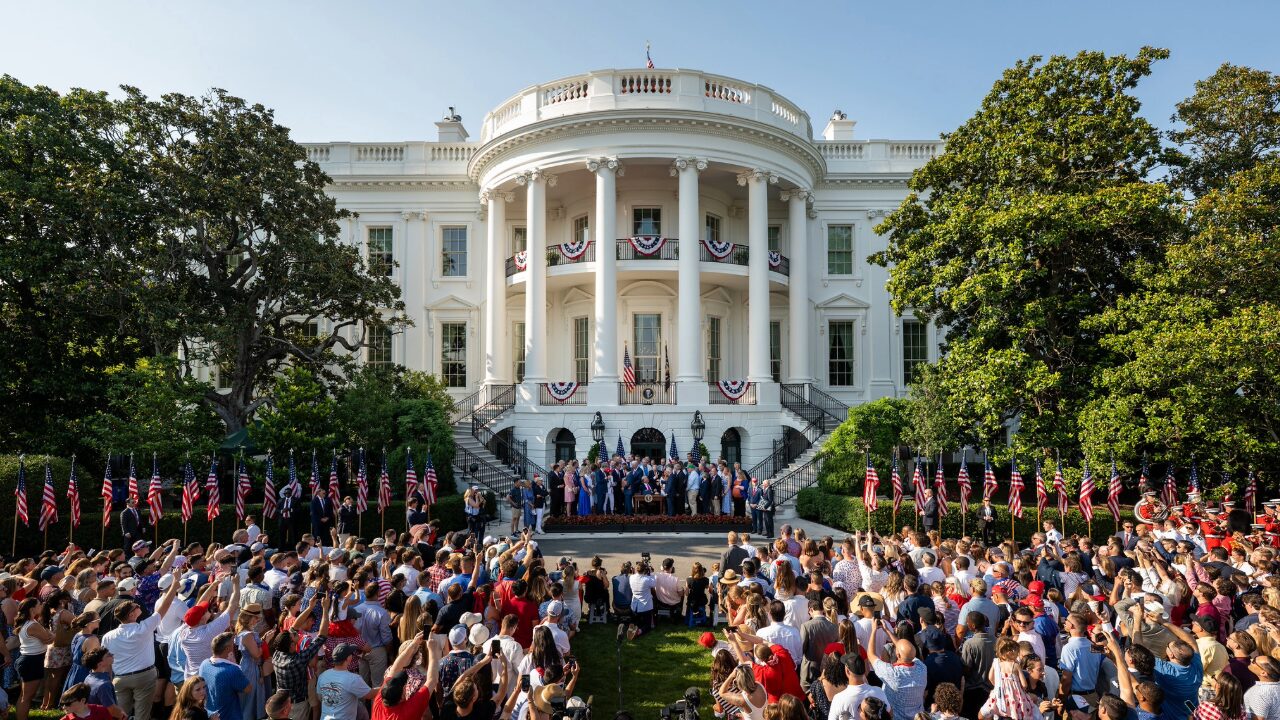Unified Agenda Released
On July 5, the Biden Administration released its Semi-Annual Regulatory Agenda for Spring 2024, which provides a snapshot of rules and regulations under development which the Administration hopes to finalize before the end of the year. The document is typically a “wish list” and not indicative of what actually will make meaningful progress. It is, however, a document worth paying attention to and ABMA has been following a few of the proposed actions for many months. One is under the Department of Labor (DOL) titled “Amendments to the Cranes and Derricks in Construction Standard.” Rulemakings covering this space in the past have created issues for the LBM sector and we are keeping a close eye on developments in this round. Currently, the agenda notes that this action is in the “proposed rule stage.” Also in the DOL area is the proposed heat standard for indoor and outdoor work environments. ABMA expects a proposed rule to be issued in the Federal Register any day and that will trigger a 120-day public comment period.
Appropriations
Earlier this week, the House Appropriations Committee approved a Fiscal Year 2025 Interior, EPA and Related Agencies appropriations bill on a 29-25 vote featuring fierce Democrat opposition. The legislation proposes steep budget cuts for these agencies and includes a number of “policy riders” that hamstring the Administration’s environmental agenda. An amendment adopted during the markup would strike down EPA’s recently finalized particulate matter (PM 2.5) standard which essentially brings large swaths of the country into nonattainment for the pollutant. Tightening the standard threatens to make it more challenging to obtain a permit to expand operations in these areas. The amendment also overturns the Administration’s old growth and mature forests rule which would curtail forest management on federal forest lands.
The bill will likely pass the House but Senate Democrat opposition to this bill is a certainty so any of these riders becoming law is unlikely. We will keep you apprised of developments.
Chevron Deference
Last week, the Supreme Court ruled 6-3 on a case with far-reaching consequences for federal agencies and the regulated community. In Loper Bright Enterprises v. Raimondo, the Court effectively repealed the 40 year old Chevron Deference which gave federal regulatory agencies and departments wide latitude in interpreting federal statutes. The ruling is seen as a considerable victory for the regulated community. A group that provided an analysis shortly after the ruling was issued had this to say—
“As a general matter, the Loper decision is likely to cause federal agencies to exercise greater restraint when interpreting statutes. During the past several Administrations, federal agencies (of both political parties) appeared to become more aggressive in adopting strained interpretations of statutes in order to accomplish political objectives. This practice is likely to end. Under Loper, companies can likely expect more predictability and stability in the interpretations given the federal statutes governing their operations. “
This week, ABMA signed on to a letter to President Biden urging him to pause all rulemakings until a thorough review of these proposals—both under development and those recently finalized—is conducted to ensure that they comply with the letter and spirit of the Loper decision.




